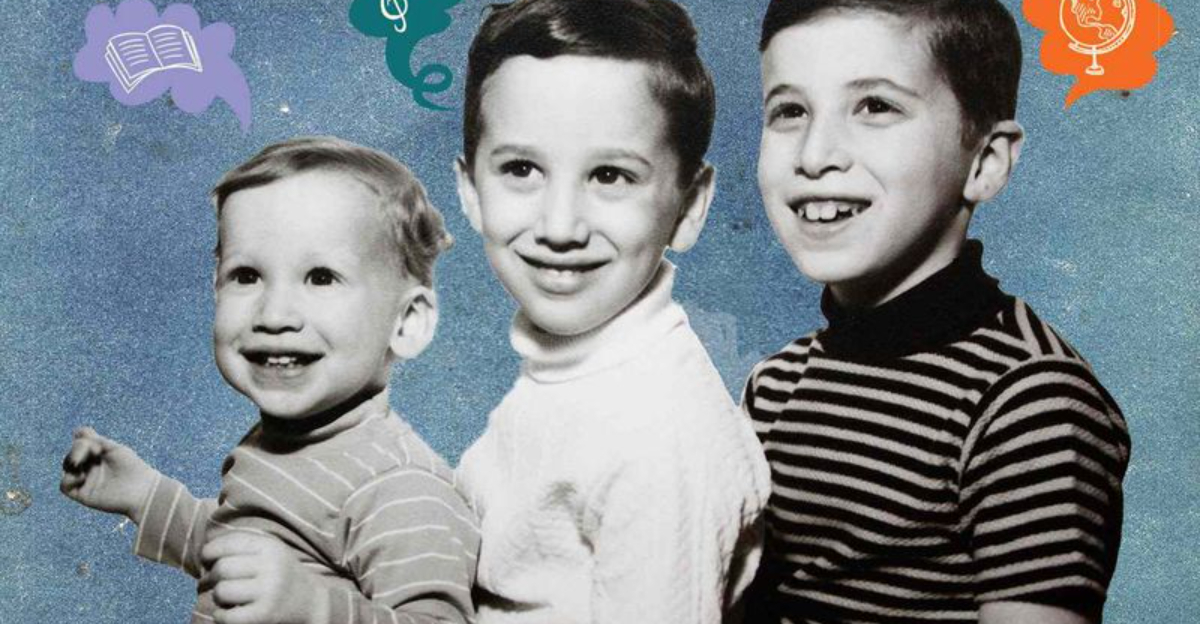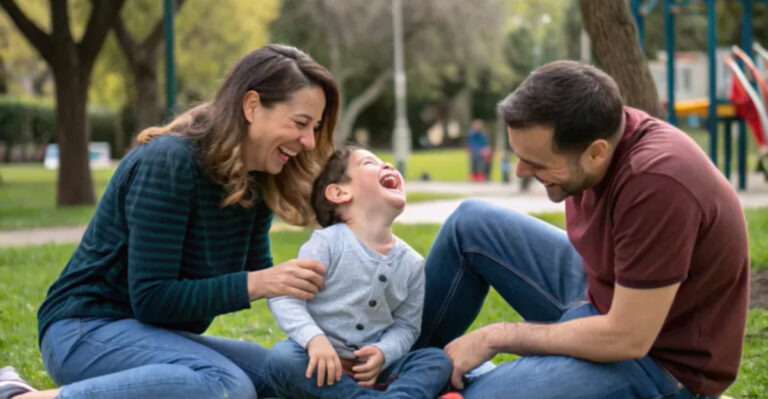You And Your Siblings Might’ve Had Very Different Childhoods Despite Growing Up Together — Here’s 16 Reasons Why
While siblings may share the same household, their childhood experiences can differ vastly due to evolving family dynamics and external factors. From changes in parental expectations to fluctuating financial circumstances, each child may perceive and react to their upbringing differently.
This blog explores 16 reasons why siblings might remember their childhoods in unique ways.
1. Parents evolve with each child
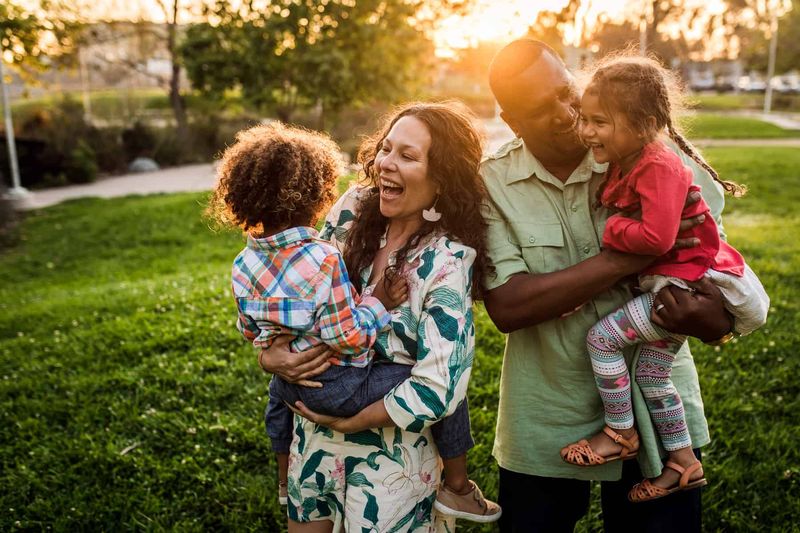
As parents grow with each child, their parenting style naturally evolves. The firstborn might have experienced stricter rules as parents navigate new responsibilities. By the time the third child arrives, experience brings a more relaxed approach.
This evolution is often shaped by lessons learned with previous children. Parents may become more understanding or adopt different disciplinary tactics.
The youngest might witness a more flexible environment, while the oldest recalls structured routines. Each child interprets these changes uniquely, leading to different childhood memories.
2. Birth order shifts expectations
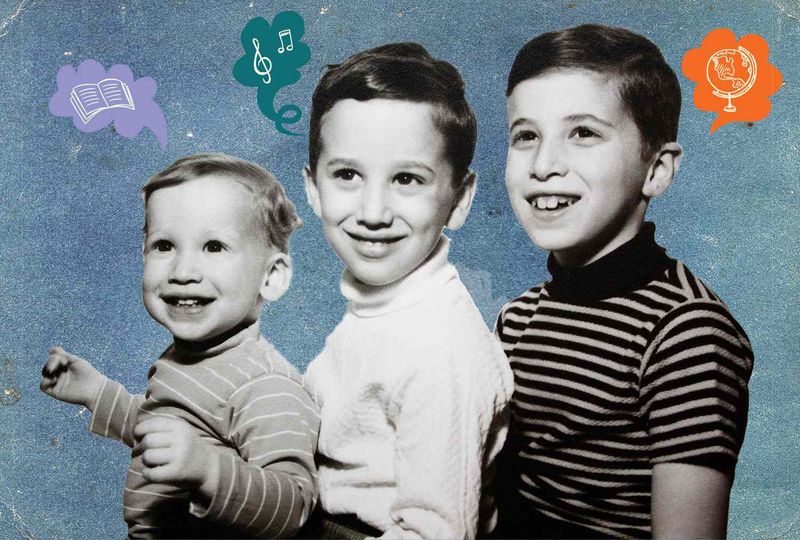
Birth order often dictates roles and expectations within a family. Firstborns may feel the weight of responsibility, expected to set an example. Middle children might carve a niche, striving to stand out.
Parents might subconsciously expect the youngest to follow the path paved by older siblings, yet allow them more freedom. These differing roles can shape individual identities.
While one sibling might relish leadership, another may feel overlooked. Such dynamics contribute to diverse perceptions of the same upbringing.
3. Financial circumstances often change

Economic fluctuations can dramatically alter a family’s lifestyle. An older sibling might recall lean years, where frugality was necessary. Meanwhile, a younger sibling may grow up in times of prosperity.
Such shifts affect access to opportunities, from extracurricular activities to family vacations. These experiences contribute to different life skills and outlooks.
While one child learns resilience during financial hardships, another might enjoy abundance, shaping distinct perspectives on family life.
4. One child may have been labeled the ‘easy’ one
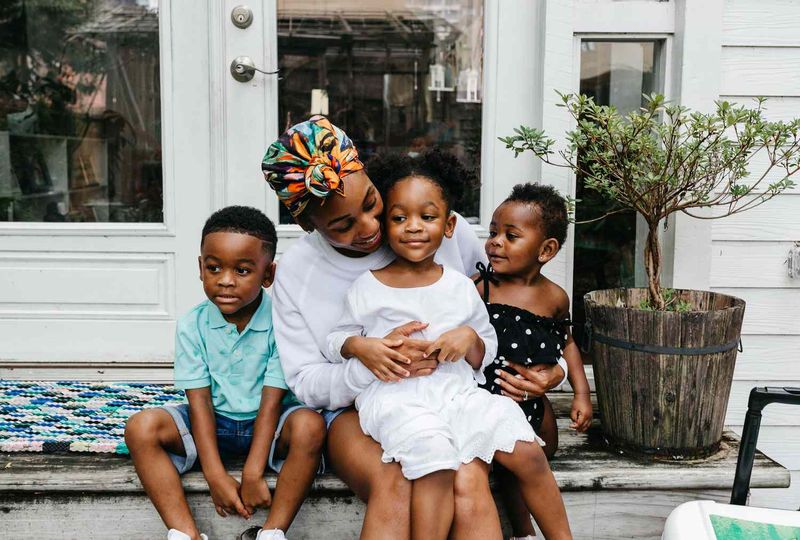
Within a family, one child might be labeled as the “easy” one. This perception can influence how siblings view their own experiences. The “easy” child might enjoy more freedom, seen as self-sufficient and trustworthy.
Meanwhile, siblings might feel overshadowed or pressured to meet similar expectations. This dynamic can lead to varied childhood recollections.
While one sibling basks in positive recognition, others might struggle with feelings of inadequacy, shaping their unique family narratives.
5. Health challenges can reshape a family’s focus

Health issues can redefine a family’s priorities, creating ripple effects on all siblings. A child with chronic illness might require focused attention, leaving others to navigate independence.
This shift can foster resilience and empathy, yet also feelings of neglect or jealousy among siblings.
In such scenarios, experiences diverge significantly, with each child adapting uniquely to the emotional and logistical demands of the situation.
6. Parental stress levels fluctuate over time

Stress ebbs and flows in a family, influenced by careers, relationships, and life events. During high-stress periods, parents might be less emotionally available, affecting children differently.
One sibling might thrive on independence, while another craves attention or reassurance.
These fluctuations can mold distinct coping mechanisms and emotional responses, leading to different interpretations of the same household environment.
7. Some kids became emotional caregivers
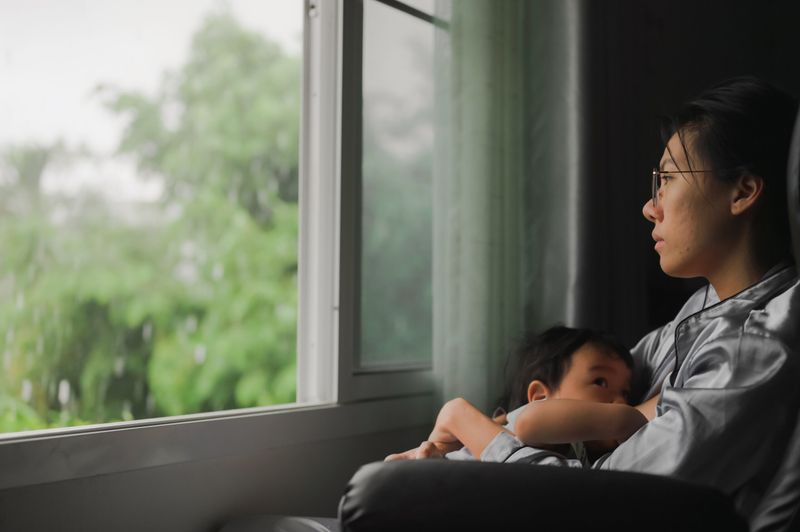
In some families, children take on the role of emotional caregivers. This often happens when parents face personal challenges, such as divorce or emotional distress.
While some children naturally step into this role, others may feel burdened by the responsibility.
This dynamic can foster maturity and empathy but also create strain, leading to different perspectives on the same family environment.
8. Cultural norms and values can shift year to year

Cultural values within a family can evolve, influenced by societal changes, migration, or personal growth. One sibling might grow up under strict adherence to traditions, while another experiences a more relaxed interpretation.
As parents and children are exposed to new ideas, norms can shift, leading to varied childhood experiences.
Such differences can shape individual identities, with each sibling recalling their upbringing through distinct cultural lenses.
9. One child may have had more freedom

The level of freedom granted to each child can vary widely, shaped by parental confidence and trust. One sibling might enjoy leniency, exploring the world with little supervision.
Conversely, another might face restrictions, with parents cautious from past experiences.
These disparities impact how each child views autonomy and responsibility, creating diverse childhood narratives.
10. Another may have faced stricter rules
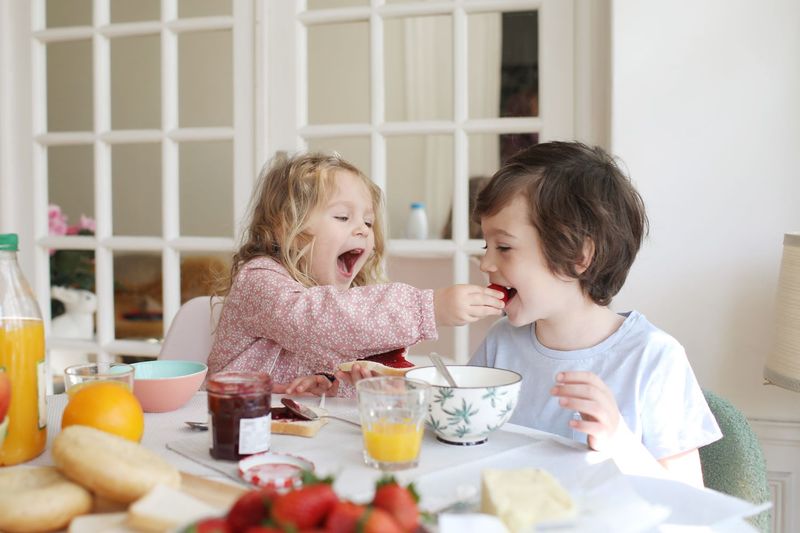
Some children grow up with stricter guidelines, shaped by parental anxiety or cultural expectations. A sibling under stringent rules might feel restricted, longing for freedom.
Meanwhile, another sibling might experience a more laid-back environment, benefiting from relaxed boundaries.
Such contrasts influence adaptability and independence, leading to varied memories of home life.
11. Trauma hits siblings differently—even when shared
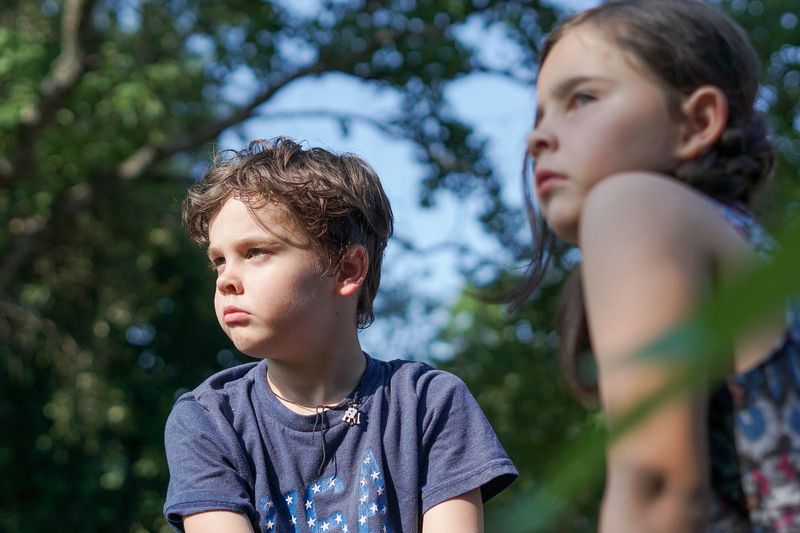
Traumatic events can leave lasting imprints, but siblings might process them uniquely. Factors like age, personality, and support systems play roles in these divergent reactions.
One sibling might become resilient, while another struggles with anxiety or withdrawal.
Despite shared experiences, these differing impacts create personal narratives, shaping distinct memories of family life.
12. Personalities absorb family tension in unique ways
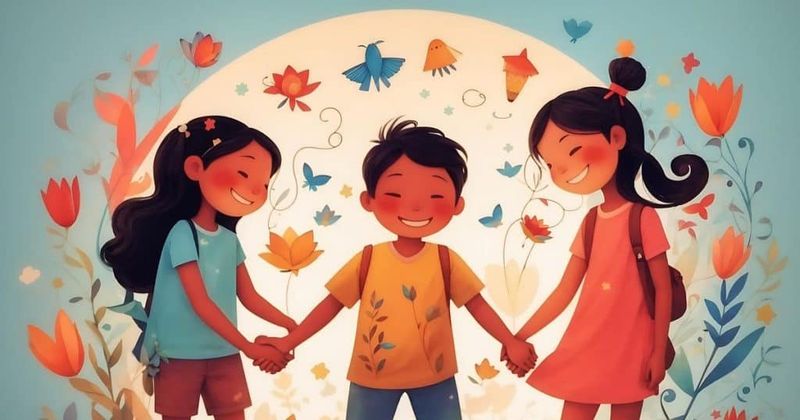
Family tension is inevitable, yet siblings absorb it differently. Personality traits, such as sensitivity or resilience, influence how each child internalizes stress.
While one sibling may become a peacemaker, another might react with rebellion or withdrawal.
These varied responses contribute to unique childhood experiences, with each sibling interpreting family dynamics through their personal lens.
13. Parents may “correct” their approach midstream
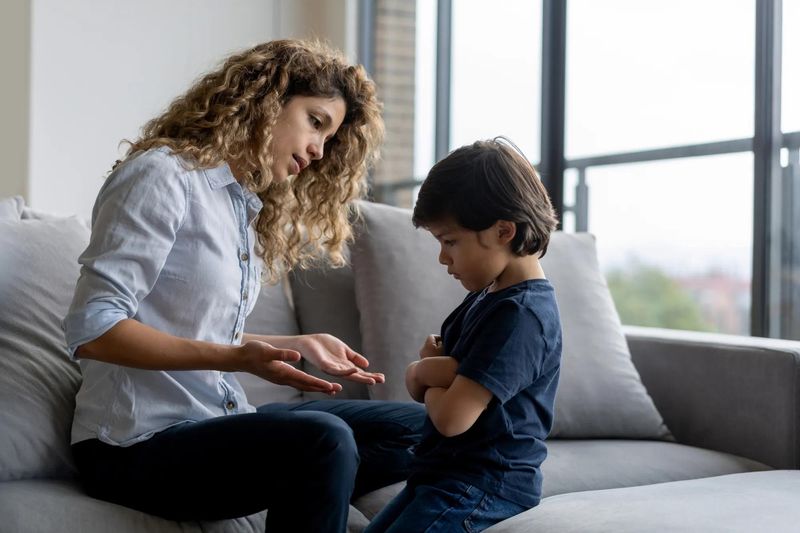
Parents often adjust their methods over time, learning from past mistakes. A child who experienced earlier authoritarianism might witness a shift to open communication as parents seek balance.
Such adjustments can lead to contrasting memories, with older siblings recalling stricter environments.
While one sibling views their upbringing as evolving positively, another might see it as inconsistent, leading to diverse interpretations of family life.
14. Different teachers and friends shaped your world

External influences, like teachers and friends, play crucial roles in shaping childhood. Each sibling may interact with different educators or peer groups, leading to varied social and educational experiences.
These relationships can profoundly impact development, influencing interests and values.
Sibling comparisons often arise, yet each child forges a unique path, enriched by distinct external interactions.
15. Milestones weren’t celebrated the same
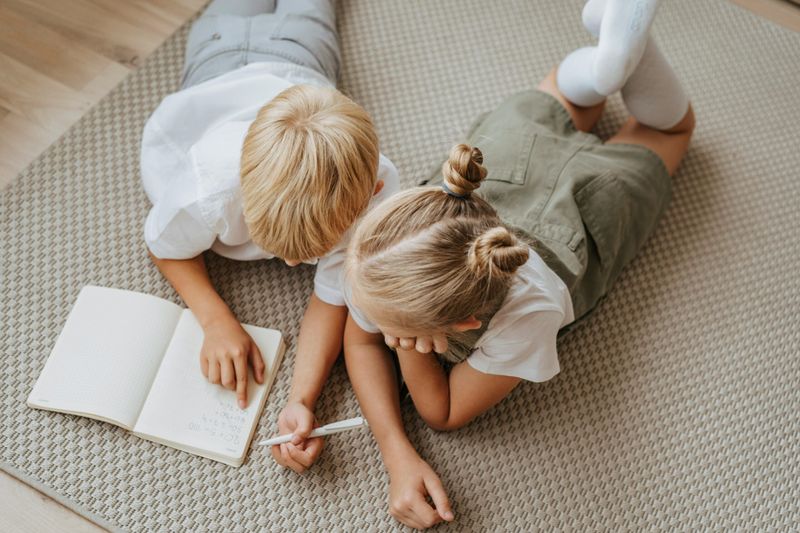
Family milestones, from birthdays to graduations, might be celebrated differently for each child. Shifts in financial status, parental energy, and family dynamics can influence these celebrations.
One sibling might enjoy grand festivities, while another experiences quieter acknowledgments.
These variations can affect self-esteem and feelings of importance, contributing to diverse memories of family life.
16. Love was present—but expressed unevenly
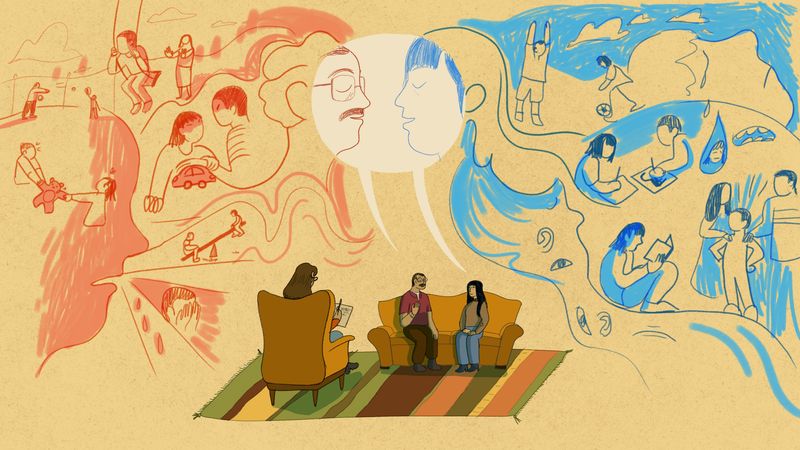
Love, though present, might be displayed differently among siblings. Some parents naturally express affection openly, while others show it through actions or responsibilities.
One child might feel showered with verbal affirmations, while another interprets love through support.
These varied expressions can shape how each sibling perceives their value and place within the family, leading to different childhood recollections.

